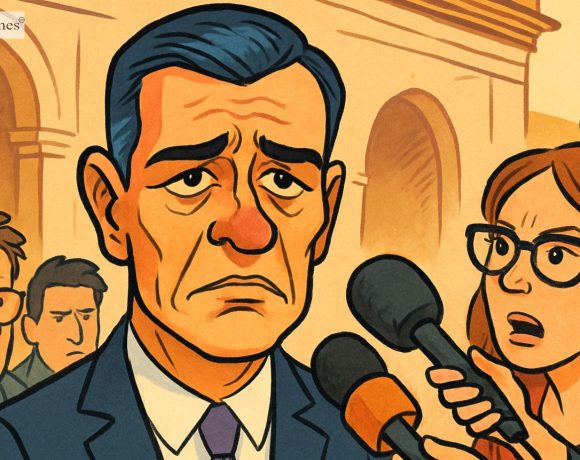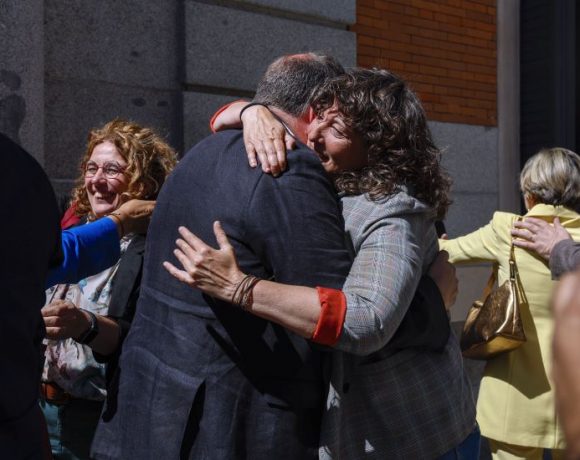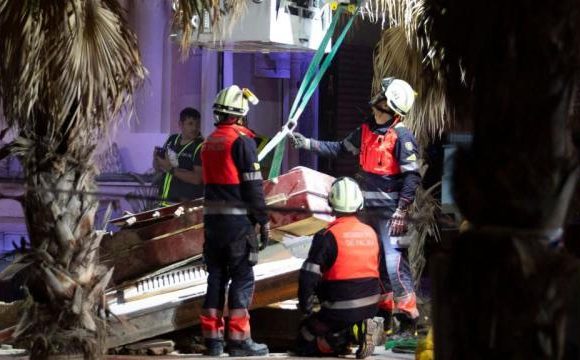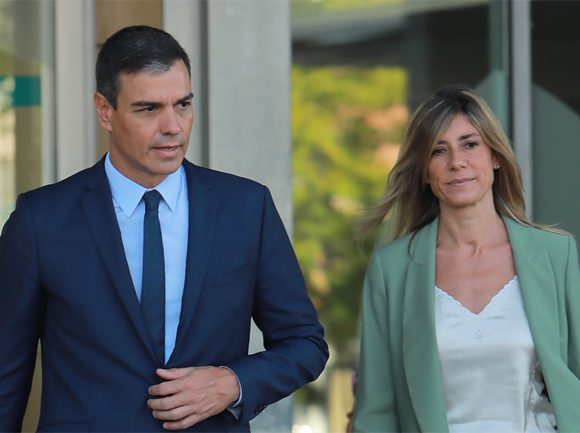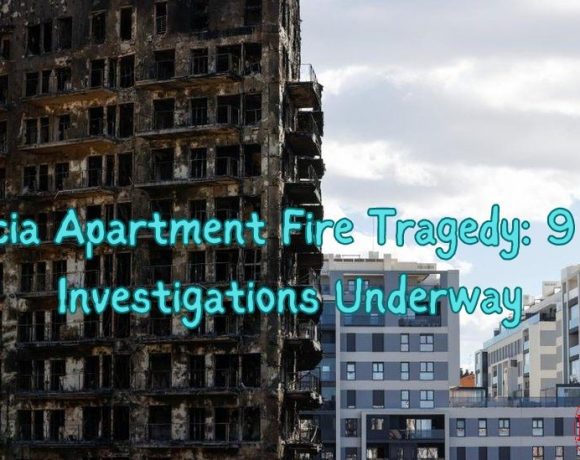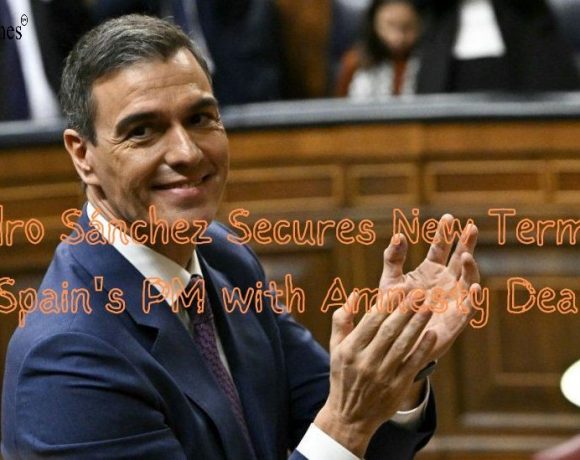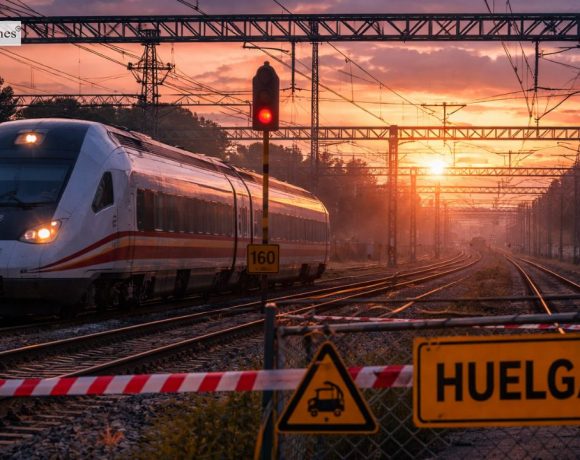
Train drivers in Spain will begin a three-day nationwide strike on Monday, protesting what they describe as serious safety lapses across the country’s rail network. The strike follows two fatal train accidents in January that have shaken public confidence in Spain’s rail system and caused widespread travel disruption.
The deadliest crash occurred on 18 January in Adamuz, southern Spain, where a high-speed train derailed and collided with another train travelling in the opposite direction, killing 46 people in the country’s worst rail disaster in over a decade. Just two days later near Barcelona, a local train derailed after a wall collapsed onto the track, killing a trainee driver and injuring at least 37 passengers. Subsequent safety inspections revealed maintenance faults on several routes.
The train drivers’ union Semaf is demanding increased staffing, greater investment, and improved maintenance, warning of the “constant deterioration” of the rail network. While Prime Minister Pedro Sánchez is expected to face tough questions in parliament, the government has rejected claims of underinvestment, noting €700 million spent on upgrades to the Madrid–Andalusia line. Transport Minister Óscar Puente said authorities do not see systemic failures in maintenance or infrastructure.
Pic courtesy: google/ images are subject to copyright

